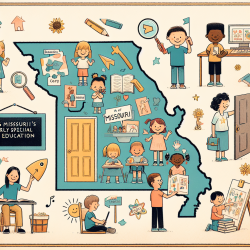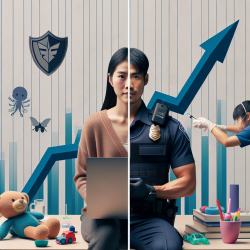As a Special Education Director, one of my primary responsibilities is ensuring that Individualized Education Program (IEP) meetings are conducted in compliance with legal requirements. In the state of California, the laws governing who must attend IEP meetings are outlined in CA EC 56340-56347 and Section 300.323 of Title 34 of the Code of Federal Regulations. Here's a breakdown of the essential participants required for an IEP meeting in California:
Who Must Attend an IEP Meeting?
- Parents or Parent Representatives: One or both of the student's parents must be present, or a representative selected by a parent, or both, in accordance with the Individuals with Disabilities Education Act (IDEA).
- General Education Teacher: If the student is or may be participating in general education, at least one general education teacher must attend. If the student has multiple general education teachers, the Local Educational Agency (LEA) decides which teacher will attend.
- Special Education Teacher or Provider: At least one special education teacher or, if appropriate, one special education provider of the student must be present.
- District Representative: This is typically an administrator or admin designee who:
- Is qualified to provide or supervise the provision of specially designed instruction to meet the unique needs of students with exceptional needs.
- Is knowledgeable about the general education curriculum.
- Is aware of the availability of resources within the LEA.
- Assessment Interpreter: An individual who can interpret the instructional implications of assessment results. This person may already be a member of the IEP team.
- Additional Experts: The LEA or parents may invite other individuals who have knowledge or special expertise regarding the student. The inviting party determines the expertise of these individuals.
- The Student: Whenever appropriate, the student with the IEP should attend the meeting.
- Specific Learning Disability Expert: For students suspected of having a specific learning disability, at least one team member must be qualified to conduct individual diagnostic examinations, such as a school psychologist, speech-language pathologist, or remedial reading teacher.
- Observer: At least one team member must observe the student's academic performance and behavior in the areas of difficulty within the learning environment, including the general education classroom.
- Transition Services Representative: With parental consent, or the consent of the student who has reached the age of majority, the LEA must invite a representative of any participating agency likely to be responsible for providing or paying for transition services.
Understanding who needs to be present at an IEP meeting ensures that all necessary perspectives are considered, and the student receives the most comprehensive support possible. For more information, please follow this link.










